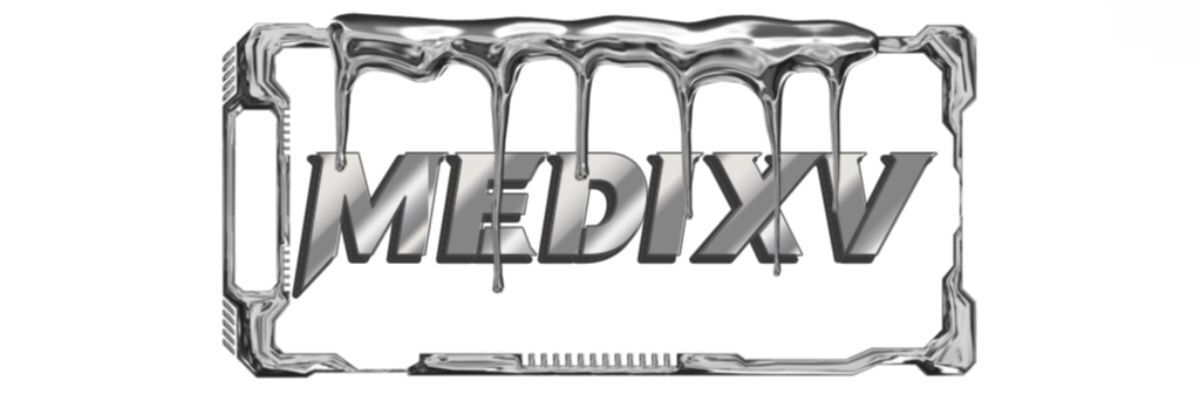Key Considerations for Choosing Bacterial DNA Extraction Kits
When it comes to extracting DNA from bacterial samples, the choice of extraction kit can significantly influence the quality and yield of the DNA obtained. Selecting the right Bacterial DNA Extraction Kit is crucial for research, diagnostics, and any applications requiring high-quality genetic material. To ensure successful DNA extraction from bacteria, several key considerations should be taken into account.
The company is the world’s best Bacterial DNA Extraction Kit supplier. We are your one-stop shop for all needs. Our staff are highly-specialized and will help you find the product you need.
Understanding Extraction Methods
Different Bacterial DNA Extraction Kits utilize various methods for lysing cells and purifying DNA. Here are the common methods to consider:
- Alkaline Lysis: This method is often simpler and works well for many bacterial strains. However, it may not be as effective for Gram-positive bacteria due to their thicker cell walls.
- Lysozyme Treatment: This enzymatic approach is particularly effective for breaking down the peptidoglycan layer in Gram-positive bacteria.
- Phenol-Chloroform Extraction: A traditional and effective method that can provide high purity but is labor-intensive and involves toxic reagents.
Choose a kit that employs a method compatible with the type of bacteria you are working with to optimize results.
Yield and Purity of DNA
When evaluating a Bacterial DNA Extraction Kit, consider the following factors regarding yield and purity:
- DNA Yield: Look for kits that provide quantifiable DNA yield estimates. High yield is important, especially when working with limited sample sizes.
- Purity: Assess the purity of extracted DNA (A260/A280 ratio). A value close to 1.8 indicates high-quality DNA. Most commercial kits will provide this information.
Experiments using the extracted DNA may require different quality levels, so select a kit that matches your needs.
Time Efficiency
Efficiency in protocol execution is paramount for busy labs. Some Bacterial DNA Extraction Kits offer rapid protocols that can save precious time without sacrificing yield or purity. Consider the following:
- Protocol Duration: Kits with protocols that take less than an hour can significantly expedite your workflow.
- Hands-On Time vs. Total Time: Review how much time you will physically spend handling samples versus the total time for the extraction. Choosing a kit with minimal hands-on time can help increase lab throughput.
Cost-Effectiveness
While the price of a Bacterial DNA Extraction Kit is an essential consideration, don’t let it solely dictate your choice. Consider the cost in relation to:
- DNA Yield Per Cost: Evaluate the cost per reaction in terms of DNA yield. A more expensive kit may provide a much higher yield, leading to long-term cost efficiency.
- Additional Features: Some kits include additional reagents or buffers that can save you money and time.
Compatibility with Downstream Applications
Ensure that the extracted DNA is suitable for your intended applications. Some important questions to ask include:
- Application Versatility: Will the extracted DNA be used for PCR, sequencing, or other molecular biology techniques?
- Compatibility with DNA Quality Standards: Some applications require high-quality DNA; ensure the kit provides the necessary purity levels.
Common Problems and Solutions
When using a Bacterial DNA Extraction Kit, researchers often encounter specific challenges. Here are some common issues and practical solutions:
- Low DNA Yield: If you consistently observe low yields, re-evaluate your sample handling and consider using a kit that includes a concentration step.
- Contamination Concerns: If your extracted DNA is contaminated, ensure you are using sterile equipment and follow the manufacturer's protocols carefully.
- Poor Amplification in PCR: If downstream applications fail, check the quality of your DNA (using a spectrophotometer) and revisit extraction steps to improve yield and purity.
Conclusion
Choosing the right Bacterial DNA Extraction Kit is critical for successful experiments in microbiology and molecular genetics. By considering methods, yield and purity, efficiency, cost-effectiveness, compatibility with applications, and addressing common challenges, researchers can significantly improve their chances of obtaining high-quality DNA. Ensure to do thorough research and read reviews to find the kit that best fits your specific requirements.
If you are ready to find the best Bacterial DNA Extraction Kit for your laboratory needs, start comparing options today! Your research success may depend on it.
If you want to learn more, please visit our website Animal Tissue Direct Pcr Kit.


Comments
0